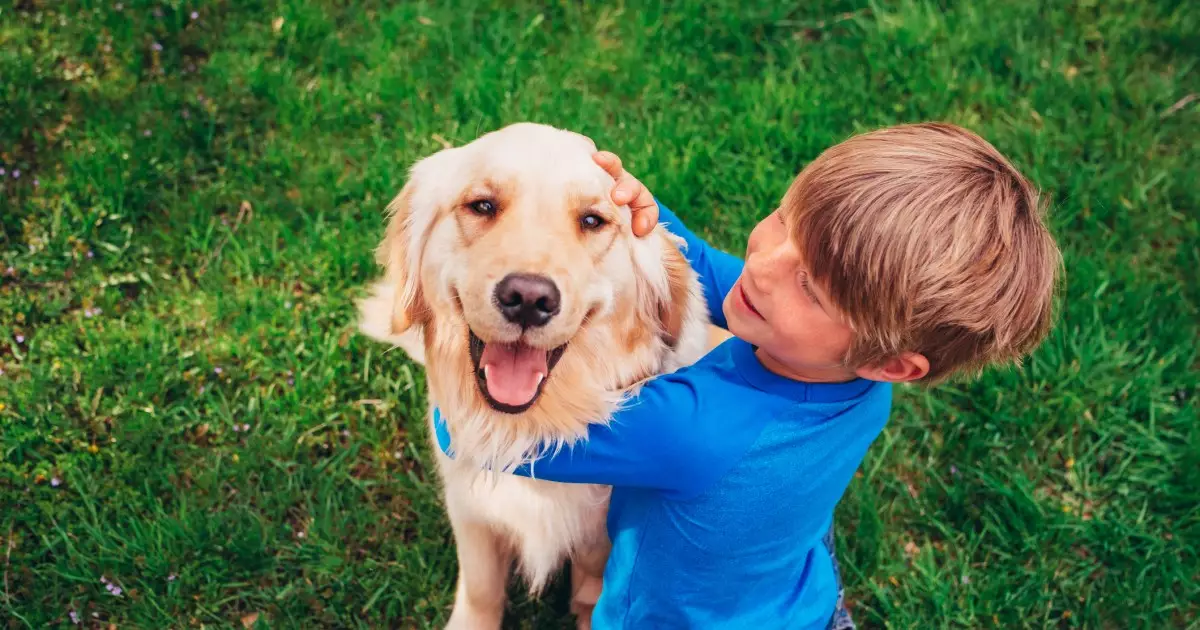For many dog enthusiasts, the idea that specific breeds come with inherent personality traits is a well-accepted notion. Golden Retrievers are often viewed as friendly family pets, while Chihuahuas are perceived as timid companions. Such perceptions lead to cute, if not slightly misguided, stereotypes about dogs and their behaviors. While some breed characteristics can indeed align closely with their genetic makeup, it is essential to discern between these broad generalizations and the rich individual personalities that dogs exhibit. Recent research endeavors aim to scrutinize these stereotypes, unraveling the delicate interplay between genetics and environment in shaping canine behavior.
The groundbreaking study helmed by researchers Evan MacLean and Noah Snyder-Mackler sought to explore the relationship between a dog’s breed, its genetic framework, and its personality traits. By examining 17,000 dogs across various breeds while also dissecting the genomes of 5,700 dogs, the researchers uncovered an intriguing connection between DNA and specific behaviors. Utilizing the Canine Behavioral Assessment & Research Questionnaire, they identified 14 distinct personality traits linked to 131 segments of canine DNA. Among these traits, three stood out as particularly heritable: trainability, chasing instinct, and aggression.
Moreover, the study unearthed connections between specific behaviors and vulnerabilities, such as fearfulness in social environments and sensitivity—traits that can influence how a dog interacts with both people and other animals. Understanding these genetic underpinnings provides vital insights into the evolutionary history of different breeds. Canines owe many of their behaviors to the historical tasks for which they were bred, whether that be herding, hunting, or companionship.
While genetic predispositions are undeniably significant, the study’s authors were careful to highlight that individual experiences play a pivotal role in shaping a dog’s behavior. Factors such as training methods, environmental conditions, and the owner’s approach are critical elements that contribute to how a dog develops. MacLean states, “While one breed may exhibit more or less of a particular behavior on average, you never know exactly what you are going to get in any individual dog.” This insight portrays the complexity of animal behavior, suggesting that predictions based solely on breed traits can be misleading.
Consequently, it is entirely plausible to encounter a seemingly outlier behavior, like an energetic and sociable Shih Tzu or an unusually assertive Golden Retriever. The world of dog personalities is a thrilling mix of expectations and surprises, where individual stories triumph over stereotype.
Understanding dogs’ behavioral traits also requires putting these findings in historical context. Our canine companions are descendants of wolves, which also exhibit varied behaviors adapted to their natural surroundings. Those canines that were early domesticated likely had to display characteristics beneficial for cohabitation with humans, including social friendliness and trainability. The research hints at a possible genetic dimension to this domestication process, where specific mutations could link behavior in dogs more closely to that found in humans.
Notably, earlier studies suggested that certain genetic mutations in domesticated dogs may explain their enhanced sociable tendencies compared to their wild counterparts. These mutations mirror traits found in humans, such as those associated with the condition known as Williams-Beuren syndrome, which predisposes individuals to be overly friendly.
Despite the compelling genetic links identified through scientific study, it remains critical to emphasize that training and socialization may prove decisive in a dog’s ultimate behavioral manifestations. Simply assuming that a dog will naturally embody the perceived traits of its breed can lead to disappointment or misunderstanding. Potential dog owners should recognize that successful training and nurturing can significantly alter a dog’s disposition, fostering positive behaviors regardless of breed.
While genetics and breed undoubtedly influence dog behavior, the complexity of individual experiences and environments provides a richer understanding of canine personalities. Embracing this multidimensional view allows for a deeper appreciation of our four-legged friends, acknowledging both their inherited traits and the unique influences each dog experiences throughout their lives.

